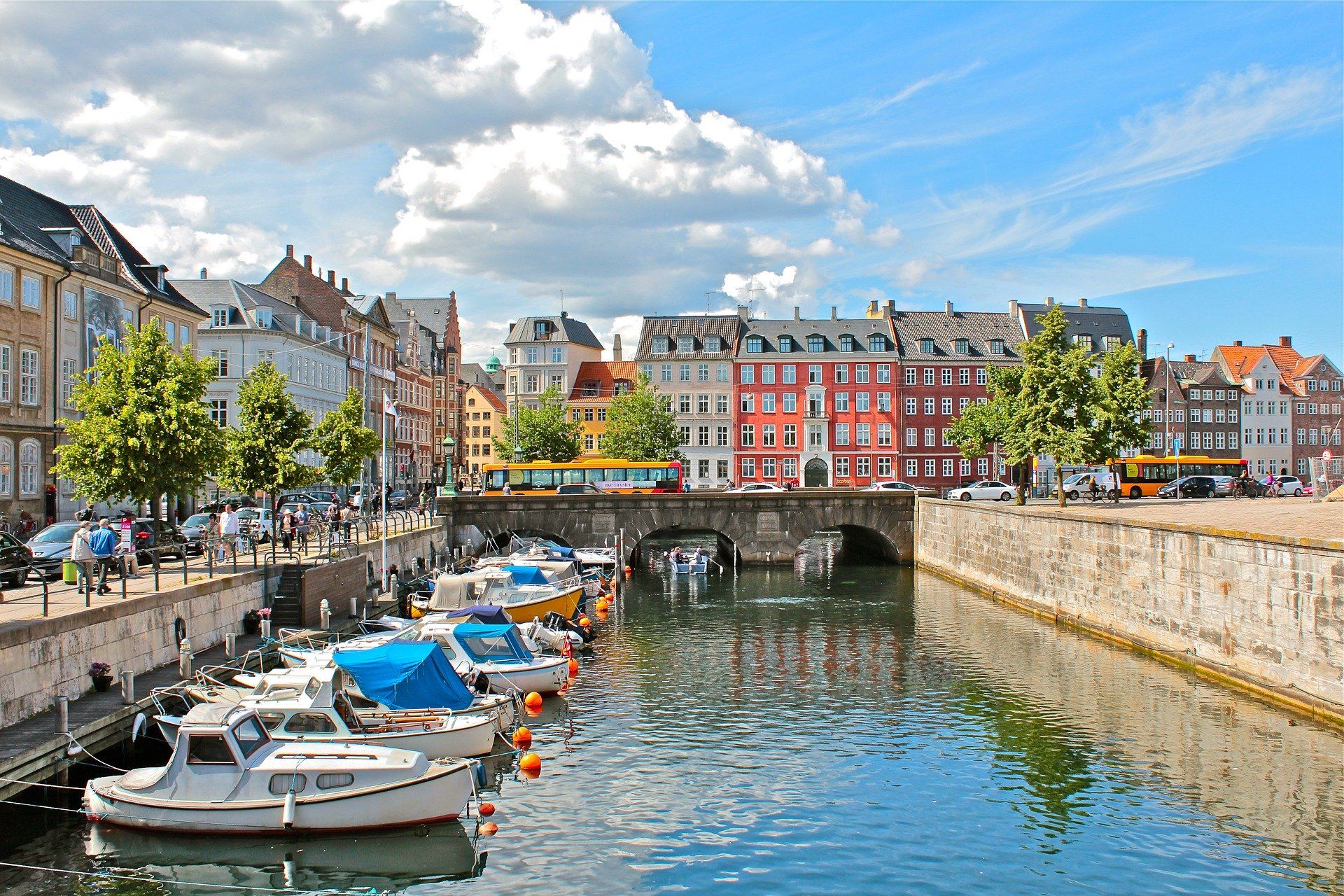UPDATE: Danish Crown’s slaughterhouse in Herning was authorised to resume production on Thursday morning, as Fødevarestyrelsen found no signs of swine fever in the two inspected livestock herds in Vejen and Vojens.
Danish Crown’s slaughterhouse in Herning has been closed today after a dead pig was found on a truck headed to the abattoir, reports TV2. It is believed it might have had swine fever.
According to Fødevarestyrelsen, the Danish veterinary and food administration, the pigs were taken from livestock in Vejen and Vojens, and these animals will now be inspected before the slaughterhouse can reopen.
Danish Crown has temporarily stopped production and warned supermarkets that their shelves may be emptier tomorrow.
The company’s 500 employees and trucks were not allowed to leave the slaughterhouse before they were thoroughly washed and disinfected.
Very contagious
There are two types of swine fever: Classical and African.
Classical swine fever, which is not known to affect humans, was last recorded in Denmark in 1933, while African swine fever has never been recorded in this country.
Classical swine fever, which should not be confused with swine flu, causes the sudden death of pigs with only a few warning signs and is highly contagious.
In Europe, it was last recorded in 2014 in the eastern part of Latvia.














